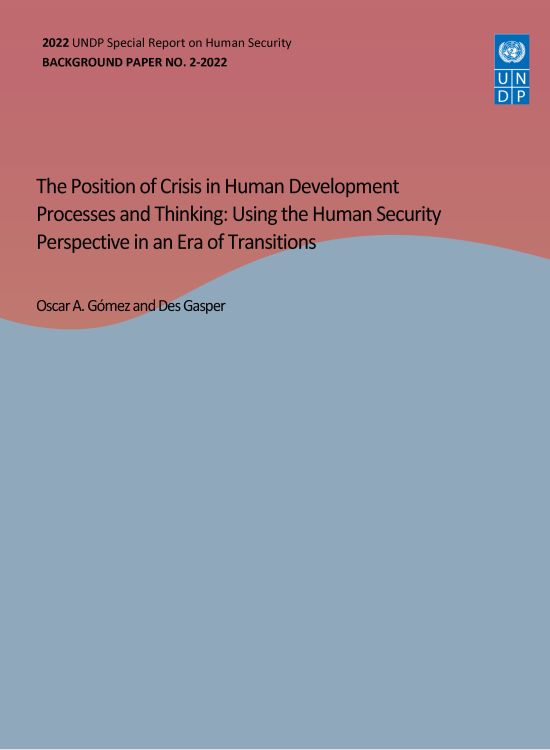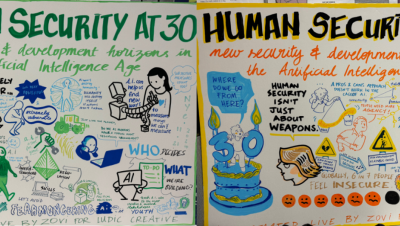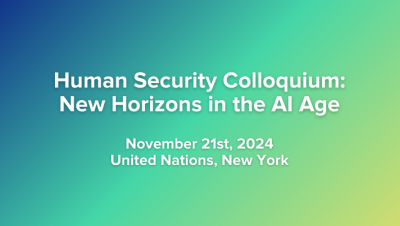The Position of Crisis in Human Development Processes and Thinking:
Using the Human Security Perspective in an Era of Transitions

UNDP (United Nations Development Programme). 2022. The Position of Crisis in Human Development Processes and Thinking: : Using the Human Security Perspective in an Era of Transitions. New York.
The Position of Crisis in Human Development Processes and Thinking:
Using the Human Security Perspective in an Era of Transitions
This paper discusses how development thinking around threats and consequent crises—sudden sharp or severe disruptions in development paths—has in various ways often been inhibited and inadequate. It outlines how human security thinking can help counteract these weaknesses, at various levels, from providing a broad orientation through to some particular tools in research and planning. It sets the discussion in terms of required transitions within the era of the Anthropocene, during which threats and consequent crises can be expected to grow. Crises of various sorts appear inevitable and even necessary drivers for transition and must be used as windows of opportunity for change.
Thinking on human security and human development are largely complementary. Each is focused on overlapping but partly different dimensions in people’s lives; both are relevant for new narratives about rescuing a sense of a common human fate, such as the ones underlying the Sustainable Development Goals (SDGs) and the notion of the Anthropocene, and in superseding predominant narratives of the era of the liberal international order. This paper identifies and addresses some preconceptions and clichés in relation to crises and/or development that inhibit collaboration between the two perspectives. Our discussion of ‘development’ is mostly about the dominant understanding in mainstream international development cooperation after the Second World War, which suggested a clear-cut division between ‘developed’ and ‘developing’ countries, with the former seen as already having ‘graduated’ from the process.

